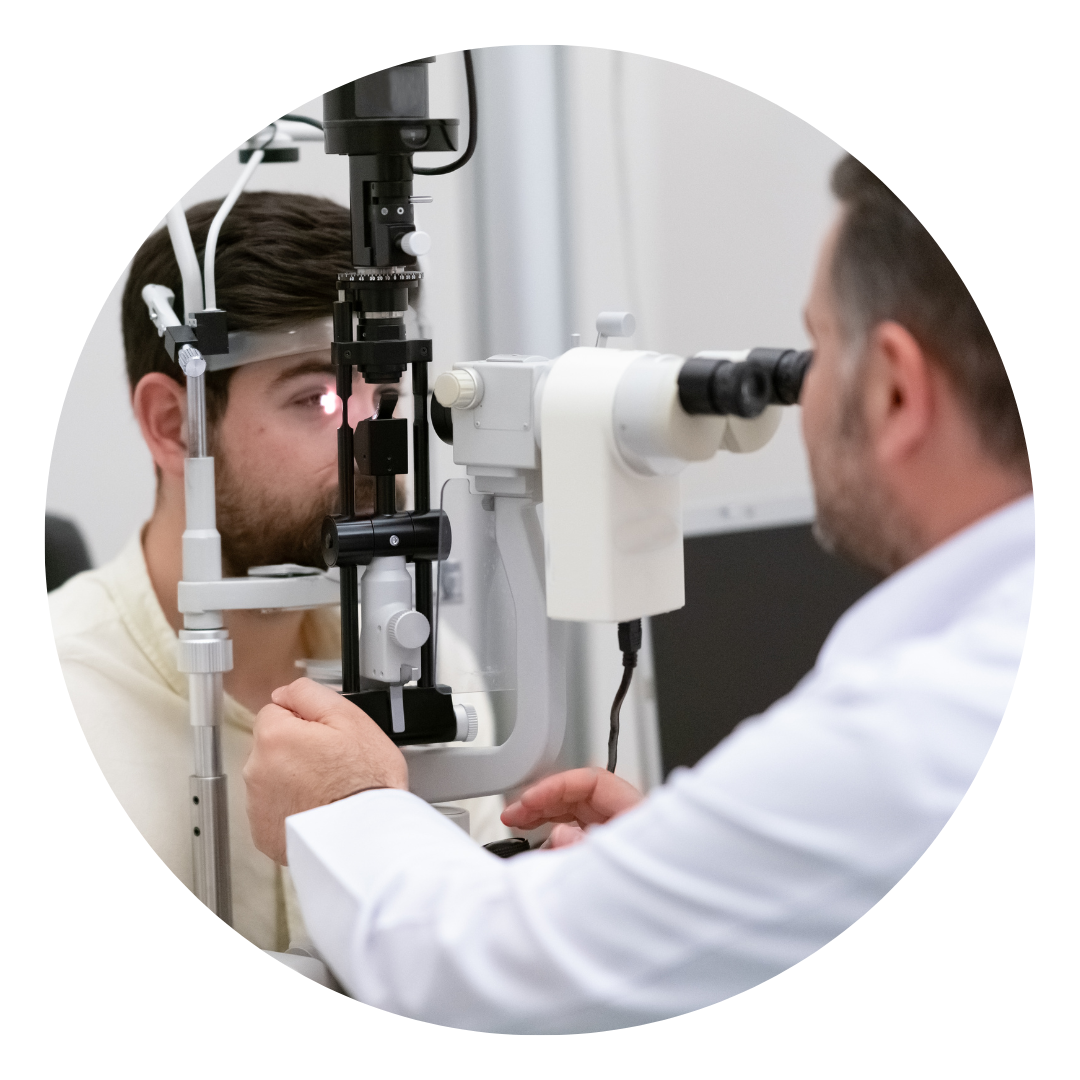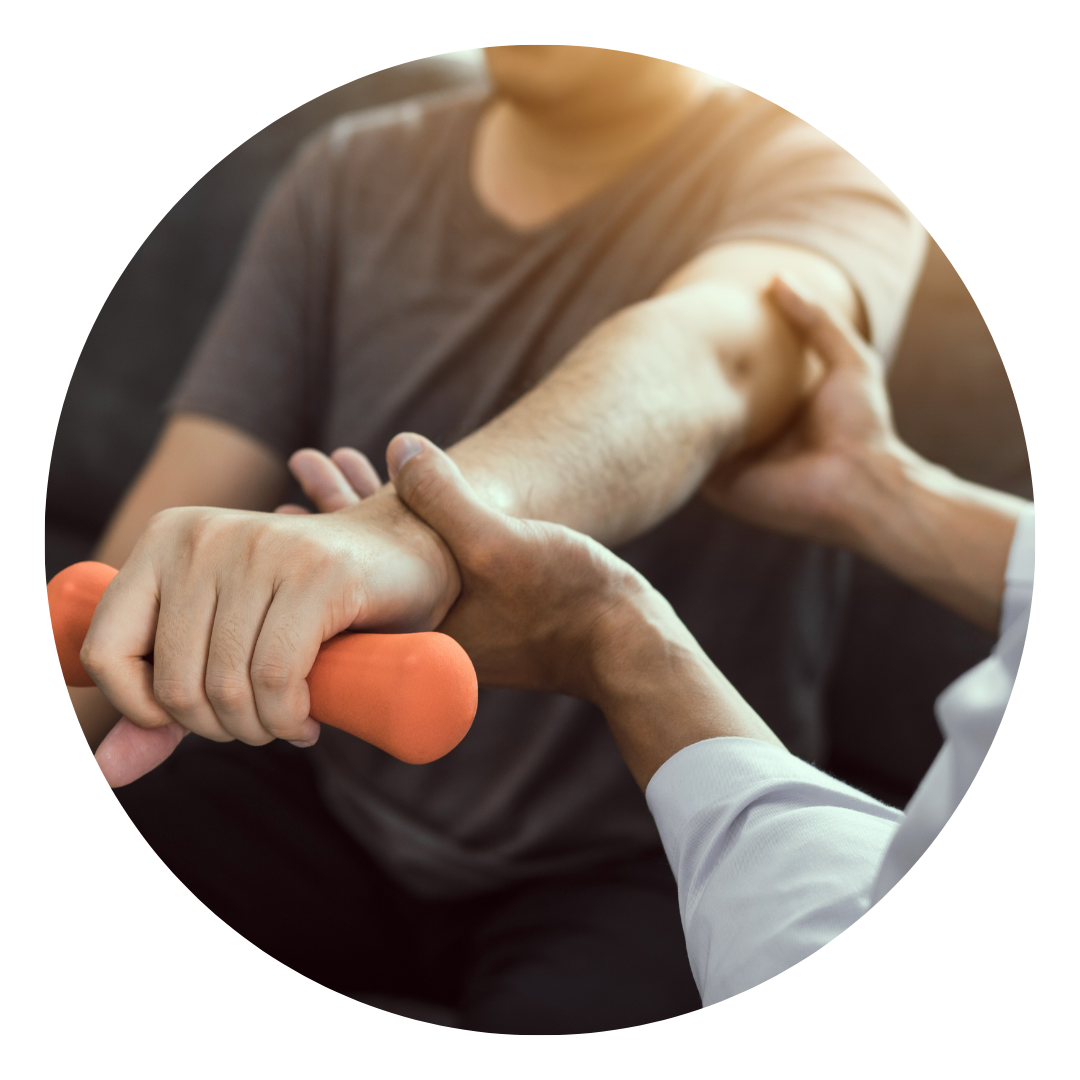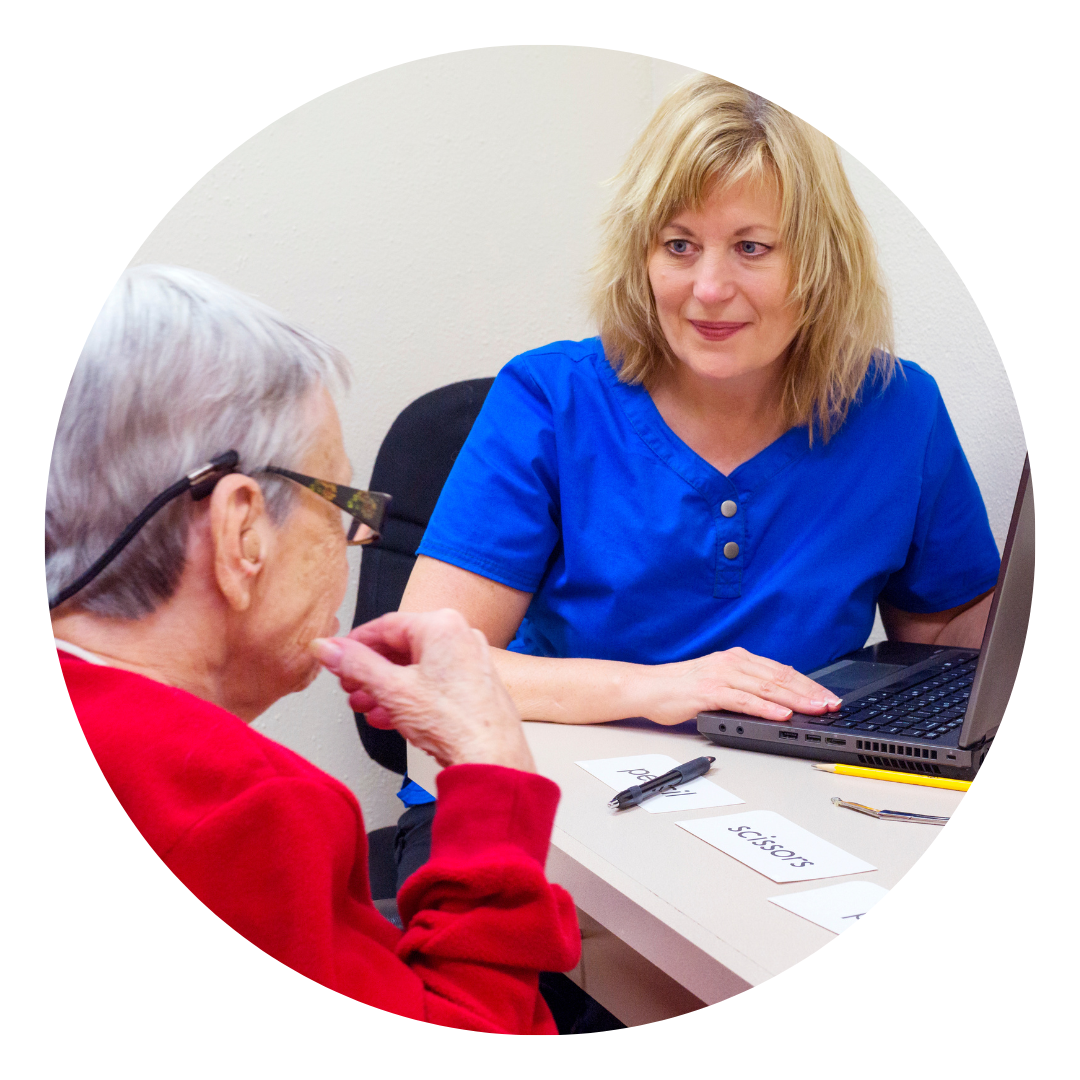|
Brain Injury Services Directory
The Brain Injury Association of Waterloo Wellington (BIAWW) is very pleased to present the Brain Injury Services Directory for the Waterloo and Wellington areas. We aim to provide current information to survivors of brain injuries and their families about services that are specifically related to relieving symptoms and effects of brain injury. The Directory is structured to provide a brief explanation of each profession or service and a link to a listing of those providing that service and their contact information. Although we have made every effort to include the most comprehensive and current listing of appropriate individuals and services, we also recognize that the field is dynamic and ever changing. Please report all additions, deletions and errors to [email protected]. Interested professionals who would like to be added to our directory, please contact [email protected] for more information. |
The Brain Injury Association of Waterloo Wellington (BIAWW) is not engaged in rendering medical, legal or other professional advice. The BIAWW does not endorse any organization or professional listed in this directory. While trying to be inclusive, we have made efforts to see that the organizations and professionals listed in this directory have experience in working with clients with brain injuries. However, the BIAWW cannot take responsibility for any advice given or actions taken by any organizations or professionals listed in this directory. The BIAWW has worked hard to ensure that the information provided in this text is both comprehensive and accurate. Any errors, either of omission or accuracy, should to be reported immediately to the BIAWW.
|
What are Attendant Care Nursing Services?
They offer companionship, supervision and personal care services in the comfort and convenience of a person's own home making it possible for them to remain living at home rather than move to a facility |
How can Attendant Care Nursing Services help with Brain Injury?
|
|
What do Case Managers do?
They help clients find the resources they need, and coordinate care for them. |
How Can a Case Manager help with Brain Injury?
|
|
What do Clinical Neuro - Psychologists do?
They help with memory, changes in mood, learning difficulties, and symptoms from Stroke, traumatic brain injuries, and learning disabilities. |
How can a Clinical Neuro - Psychologist help with Brain Injury?
Assessment of memory, attention, reasoning, cognitive skills, personality and mood. Treatment:
|
|
What does a Kinesiologist do?
They are experts in body movement and focus on prevention and well being,increasing worker productivity and reducing time lost to injuries and accidents, and helping you get back to work and health faster. |
How can a Kinesiologist help with Brain Injury?
|
|
What do Occupational Therapists do? They help with:
|
How can Occupational Therapists help with Brain Injury? They....
Educate, and suggest ideas to make everyday living easier such as:
|
|
What are Optometry services?
Optometrists can perform eye exams and provide prescriptions for glasses and contact lenses. They can assess your eye health and check for red eyes, cataracts, glaucoma, macular degeneration, and other conditions. |
How can an Optometrist help with brain injury?
|
|
What do Personal Injury Lawyers do?
They help people who have been injured, physically or psychologically, as a result of the negligence of another person, company, government agency or any entity. |
How can a Personal Injury Lawyer help with Brain Injury?
Brain injury survivors in Ontario may be eligible for compensation to address short- and long-term needs. A legal professional can assist you:
|
|
What does a Physiotherapist do?
They can help with injury prevention, rehabilitation after illness or injury, management of acute and chronic conditions, and promote health and fitness |
How can a Physiotherapist help with a brain injury?
|
|
What does a Rehabilitation Therapist do?
|
How does a Rehabilitation Therapist help with brain injury? They…
|
|
What does a Speech-Language Pathologist do?
An SLP can help with communication and swallowing problems. |
How can a Speech-Language Pathologist help with a brain injury?
|
|
What is Vestibular Rehabilitation?
It is an exercise-based program, designed to improve balance and reduce problems related to dizziness |
How can Vestibular Rehabilitation help with brain injury?
People referred for vestibular rehabilitation include those who have had a stroke or brain injury, and are dealing with a combination of the following:
|















